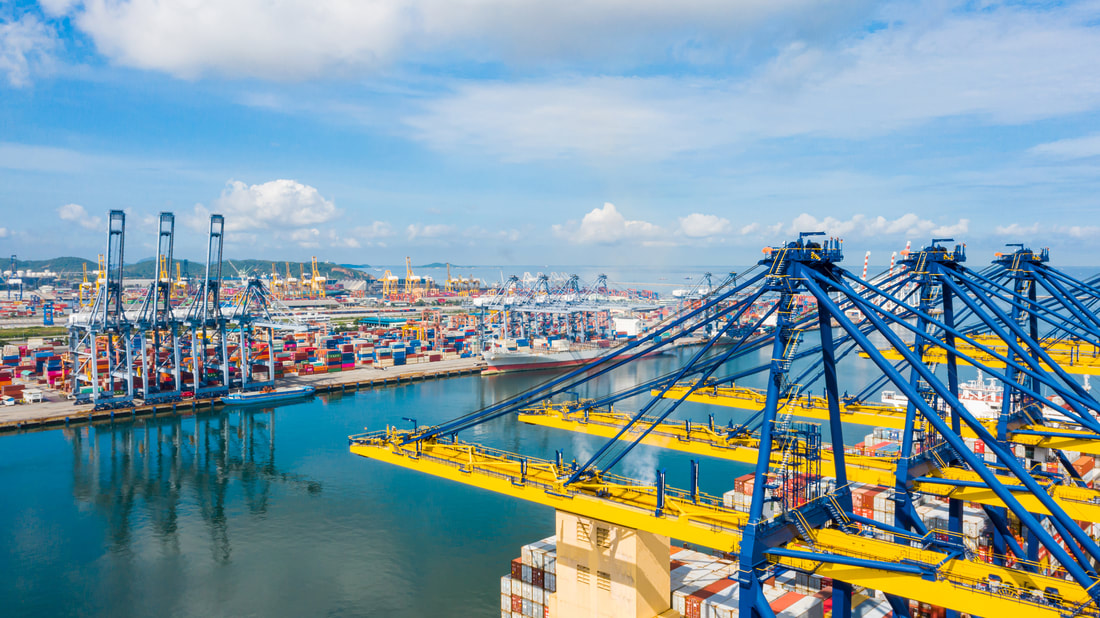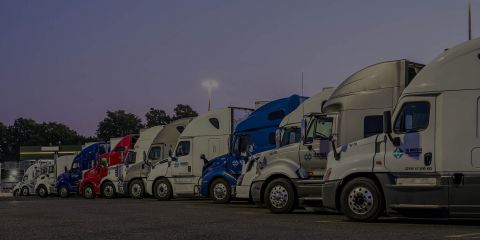
Port congestions are like water pipes. You do not turn the faucet on for a long time, and after a while, when it is turned on again, the water would burst out of the pipe. When the containers are transported by one large ship, the volume is improbable large. But when you have ten large ships, the quantity of containers is unimaginable.
With the worker shortage at the port, the first congestion is causing a significant delay. With the limited drivers, the drayage process is even longer. Moreover, the container arrives at its destination with significantly reduced warehouse workers, the entire operation has already had a preposterous setback.
Unfortunately, the delay is inevitably in the face of a pandemic. However, there are some preliminaries that can be implemented to rectify the downtime.
- Communicate with your logistics partner. They should be aware of the most current situation in each port. Staying well in communication can avoid more delay.
- Chassis rental. The chassis shortage is commonly the issue when the container is offshoring but there is none available for your carrier. Make sure you arrange with a partner comes with resources.
- Free flow program. Utilize the free-flow program offers by each port. It may be varying from different ports, but it may save you charge when the driver or equipment is not available for the pickup.
- Pre-arranging a possible delay with your logistics partner for drayage in a convenient location in case there is not enough time to reach a destination.
18 Wheels Logistics offers top-notch customer services in copacking, logistics, trucking, and warehousing, to deal with all the challenges through the pandemic. Contact us today to see what our top team can do for you during this unprecedented time.
